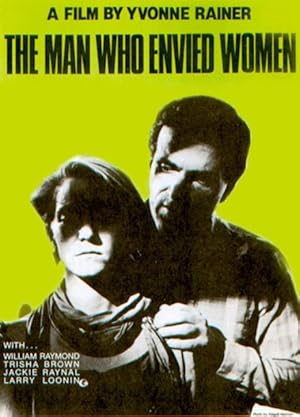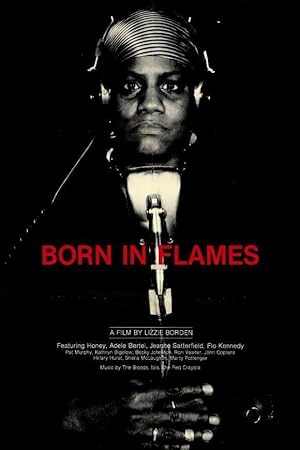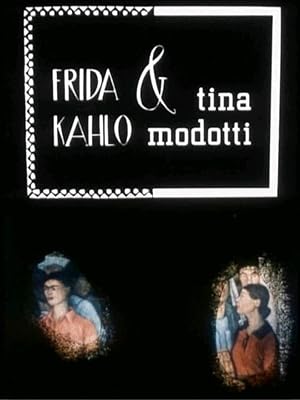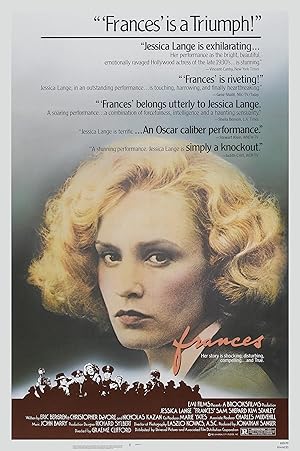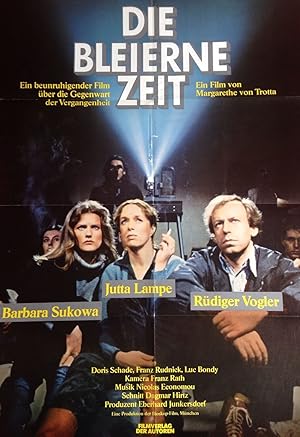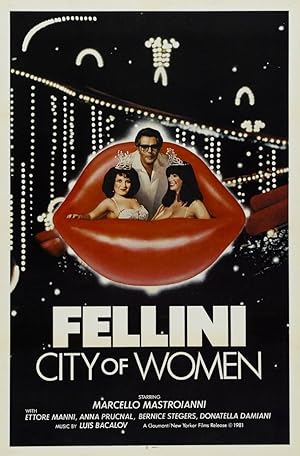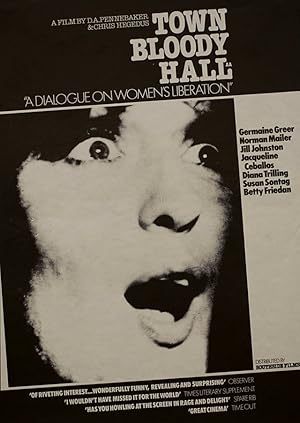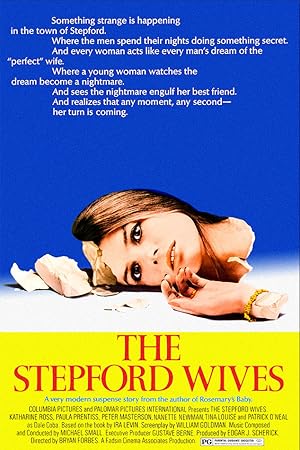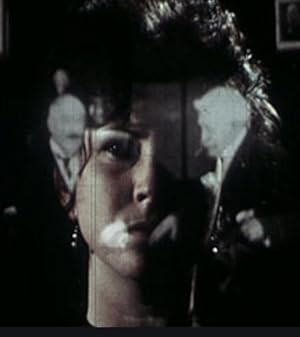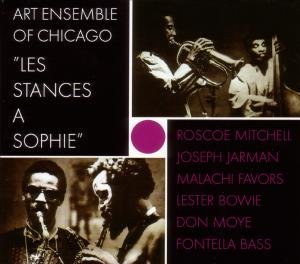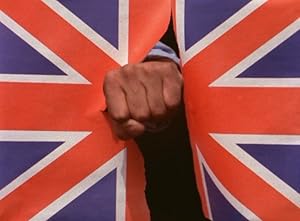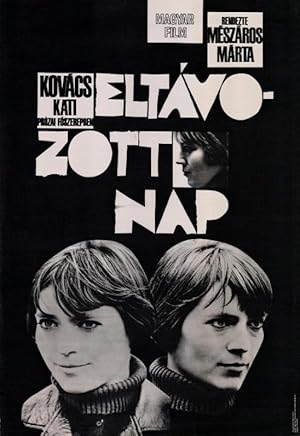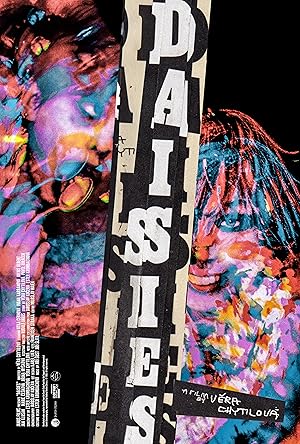Top 100 Feminism movies
You are now browsing page 6, where we continue to showcase even more compelling content linked to "Feminism". If you’ve already sampled a few highlights on previous pages, now is the perfect time to delve deeper into this fascinating keyword. Keep exploring and enrich your understanding!
The Man Who Envied Women (1985)
0
A Manhattan professor's (William Raymond, Larry Loonin) unseen artist wife mocks his pitiful existence.
Fort Saganne (1984)
0
In 1911, a willful and determined man from peasant stock named Charles Saganne enlists in the military and is assigned to the Sahara Desert under the aristocratic Colonel Dubreuilh.
Born in Flames (1983)
1
In near-future New York, ten years after the “social-democratic war of liberation,” diverse groups of women organize a feminist uprising as equality remains unfulfilled.
Frida Kahlo & Tina Modotti (1983)
0
An unconventional portrait of painter Frida Kahlo and photographer Tina Modotti. Simple in style but complex in its analysis, it explores the divergent themes and styles of two contemporary and radical women artists working in the upheaval of the aftermath of the Mexican Revolution.
Frances (1982)
0
The true story of Frances Farmer's meteoric rise to fame in Hollywood and the tragic turn her life took when she was blacklisted.
Marianne and Juliane (1981)
0
Germany, 1968: The priest's daughters Marianna and Juliane both fight for changes in society, like making abortion legal. However their means are totally different: while Juliane's committed as a reporter, her sister joins a terroristic organization. After she's caught by the police and put into isolation jail, Juliane remains as her last connection to the rest of the world. Although she doesn't accept her sister's arguments and her boyfriend Wolfgang doesn't want her to, Juliane keeps on helping her sister. She begins to question the way her sister is treated.
City of Women (1980)
0
The charismatic Snaporaz encounters an alluring woman on a train and pursues her through a forest. He ends up at a hotel populated by women gathered for a feminist conference, where he is an unwanted presence. Snaporaz soon discovers he’s entered a phantasmagoric world where women have taken power.
Town Bloody Hall (1979)
0
Norman Mailer and a panel of feminists — Jacqueline Ceballos, Germaine Greer, Jill Johnston, and Diana Trilling — debate the issue of Women's Liberation.
The Stepford Wives (1975)
1
Joanna Eberhart has come to the quaint little town of Stepford, Connecticut with her family, but soon discovers there lies a sinister truth in the all too perfect behavior of the female residents.
Penthesilea: Queen of the Amazons (1974)
0
Penthesilea, the first of six films made by Laura Mulvey and Peter Wollen, traverses thousands of years to look at the image of the Amazonian woman in myth. It asks, among other questions, is the Amazonian woman a rare strong female image or is she a figure derived from male phantasy? The film explores the complexities of such questions, but does not seek any concrete answers.
Sophie's Ways (1971)
0
Céline is a free-spirited woman is married to a dull, middle manager Philippe. Her husband's co-worker pegged her as a household ornament because of the union. She befriends a woman who shows her how to juggle the couple's living expenses to get what she wants. As she asserts her independence and gradually frees herself from her husband's claustrophobic world, she turns to painting and writing about the inequity between genders.
British Sounds (1970)
0
Jean-Luc Godard brings his firebrand political cinema to the UK, exploring the revolutionary signals in late '60s British society. Constructed as a montage of various disconnected political acts (in line with Godard's then appropriation of Soviet director Dziga Vertov's agitprop techniques), it combines a diverse range of footage, from students discussing The Beatles to the production line at the MG factory in Oxfordshire, burnished with onscreen political sloganeering.
The Girl (1968)
0
A young woman leaves a state orphanage to find her mother in this interesting examination of how the overt repression of women in the older pattern of village life has been replaced by the more subtle exploitation inherent in the apparently freer existence of young girls in the contemporary city.
Daisies (1966)
0
Two teenage girls embark on a series of destructive pranks in which they consume and destroy the world around them.
